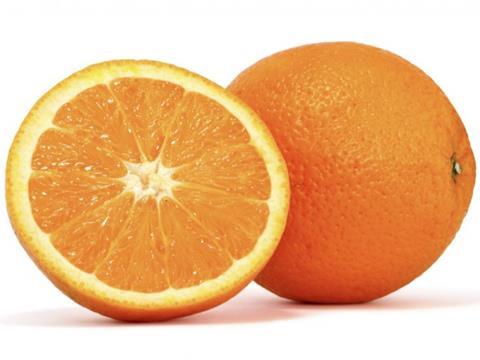
South African producers have welcomed a new report that says citrus black spot – a fungal disease characterised by dark spots on the skin of the fruit – cannot establish in the EU, effectively rubbishing claims made by European producers that imported citrus from South Africa posed a serious threat to the continent's own crop.
The report, compiled in Florida and written by leading authorities on citrus black spot based in Argentina, Australia, Brazil, South Africa and the US, draws on a broad base of scientific research carried out in all of the major Southern Hemisphere citrus-producing countries as well as the US.
It stated: 'In conclusion, we are in agreement with earlier pest risk assessments (PRA), conducted by South Africa and USA, in which it was concluded that fruit is not a realistic pathway for citrus black spot to enter, establish, spread and have significant economic impact within the PRA area (EU).'
Its publication comes in response to an earlier statement by the European Food Safety Authority, which said in July that trade in citrus was 'moderately likely' to spread the disease.
The report's other key conclusions included:
– That citrus black spot has 'never been reported to spread to new areas with fruit (without leaves) as the pathway' and so cannot be deemed a likely pathway for entry,
establishment and spread of the disease in the EU.
– That citrus black spot has a 'wide global distribution, but is only known to occur in summer rainfall citrus production areas and nowhere in the world in areas with a Mediterranean climate'.
– That a sequence of unlikely events would have to occur for there to be any prospect of imported citrus fruit causing infection of citrus plants in the EU.
The authors also accused the EFSA of failing to put citrus black spot in 'proper perspective', arguing that it was 'primarily a cosmetic disease, causing fruit rind blemish' against which fungicide spray programmes were 'very effective'.
'Relative to EFSA's own assessment of the risk, we consider the current EU citrus black spot measures to be inappropriately restrictive, especially considering that these regulations curtail citrus fruit exports from large parts of the world to the vast majority of the EU member states to provide protection to a proportionately very small part of the EU,' they added.
Welcome news
Justin Chadwick, chief executive of the Citrus Growers Association of Southern Africa, welcomed the report's findings.
'At last, some good news for the global citrus industry,' he commented. 'These specialists have identified flaws and gaps in the EFSA draft pest PRA, making it possible to conclude a truly complete PRA.'
Chadwick said the report was good news for all concerned, including EU producers themselves: 'It is great news for EU citrus producers. They now know that they will never have to apply CBS control products… ever.'
The European Commission's standing committee on plant health had said at the start of this week that it would consider whether any changes to its import requirements on South African citrus were needed in light of forthcoming EFSA opinion, which is expected in January.



